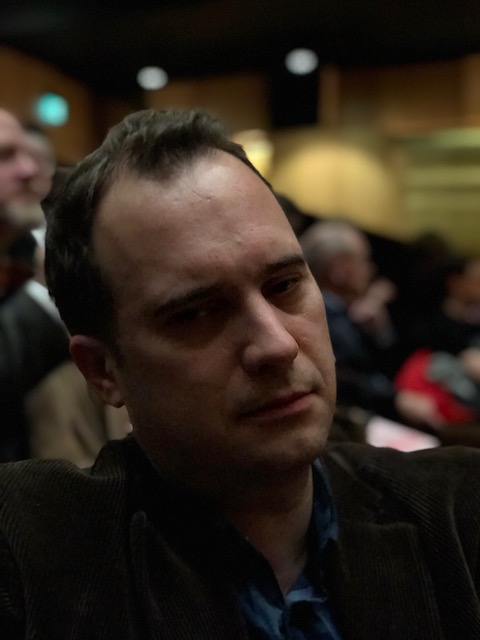Academic interests
Urban geography, geopolitics, Central and Eastern Europe, Ukraine, housing, socio-spatial differentiation, labour migration, interviewer effects.
Research projects
Ukrainian Geopolitical Fault-line Cities: Urban identity, geopolitics and urban policy (NFR/NORRUSS, project no. 287267), 2018-2022.
Project website in Ukraine.
Administrative responsibilities
Head of Ph.D. studies in human geography
Course responsibility
- SGO2400 (Fall, yearly) - Political geography (in Scandinavian)
- SGO3500 (Spring, yearly) - Urban structures and urban development (in Scandinavian)
- HGO4201 (Fall 2019) - Urban geographical theory (in English)
- SGO1004 (Fall, yearly) - Academic writing and fieldwork in human geography (in Scandinavian, with Sverre Herstad)
Other teaching (sporadic contributions)
- SGO2100 (Spring, yearly) - Urban geography and urbanism (in Scandinavian)
- HGO4011 (Fall, yearly) - Philosophy and methodology of human geography (in English)
Background
PhD 2004 (Uppsala University)
Post-doc 2005-2007 (Stockholm School of Economics)
Docent 2009 (Uppsala University)
Editing
Associate editor: Eurasian Geography and Economics, 2018-2022: http://www.tandfonline.com/toc/rege20/current. Since 2018.
Social media
Twitter (X): @GentileOslo
Mastodon: https://russiaukraine.world/@MichaelGentile
Bluesky: https://bsky.app/profile/michaelgentile.bsky.social
